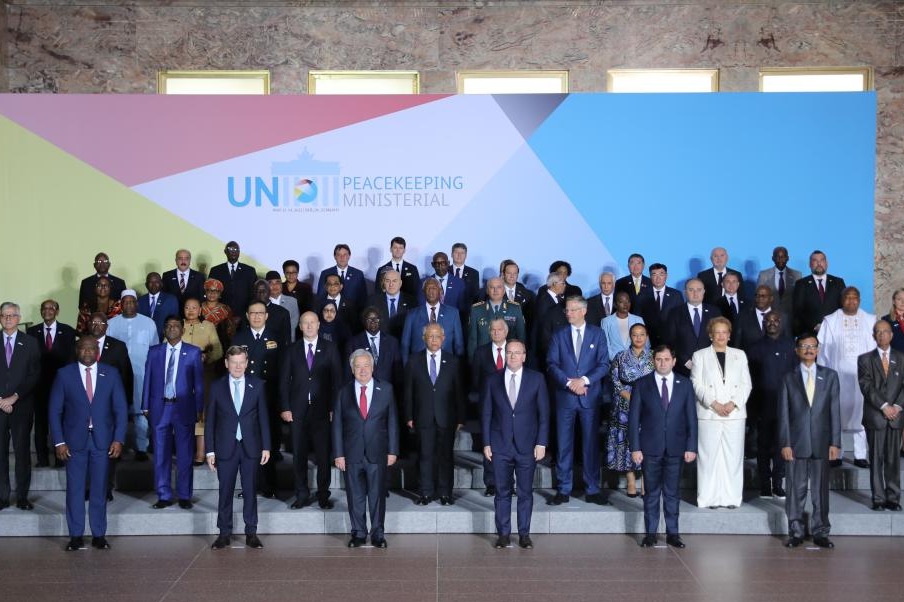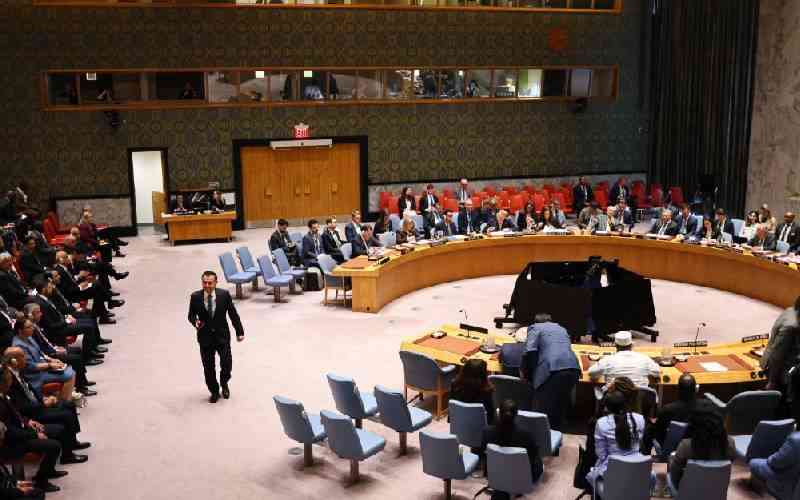Adaptation should protect male fertility

[Standard]
There are days the government advises people to stay indoors as much as possible during the day to minimise effects of heatwaves. Heatwave is a period (even weeks) of extremely high temperatures, and is one of the effects of global warming.
The year 2024, according to State of the Global Climate 2024, which was published in March 2025, was the hottest of the 175 recorded, according to the World Meteorological Organisation (WMO). The year had some high monthly mean temperatures. Each of the 2024 months had also proven averagely hotter than the previous year’s. The same 2024 was the first to exceed the pre-industrial 1.5°C, a sign that it is getting really hot down here.
While El Nino’s effects were felt at some point, the effects of climate induced heatwaves remain obvious, with failed crops, health implications, especially for little children who may not withstand high temperatures, and in some cases, even death. The so-called economic and human losses.
For UN Secretary General Antonio Guterres, the consequences range from negative effects on health, increased inequalities, derailed sustainable development, all which have a bearing on the foundations of peace. In March 2024, South Sudan closed schools as a result of heatwaves. That same year, in May, at least 28 people died as a result of heatwaves in India, with temperatures shooting past 40°C. It might have been worse elsewhere.
All these have been blamed on global warming worsened by untamed emission of Greenhouse Gasses. The WMO has stated that the period between 2015 and 2024 will be the warmest 10 years on record. And there could be more cases of heatwaves, besides other indicators such as floods and prolonged drought, if climate action efforts remain inadequate.
But it does not stop there. A recent “Nature Communications” report reveals the heatwaves’ effect on male fertility. The University of East Anglia study, done on male beetles, found possible harm on sperm production following short-term exposure to temperature increase of between 5°C to 7°C. At risk of sterilisation were those that were repeatedly exposed to the heatwaves. The females were safe.
This alone is a possible cause of biodiversity loss. And that the research was limited to the insects does not mean humans are safe. In the spirit of One Health Approach, which considers the interconnection between humans, environmental and animal health, we are called to view climate change wholesome, also as a public health issue, considering the role the other organisms play in the ecosystem, and hence our very existence.
A 2023 Intergovernmental Panel on Climate Change (IPCC) Sixth Assessment Report depicted the speed at which the world risked exceeding the 1.5°C global warming threshold if action remains the same. The IPCC has projected more frequent and severe heatwaves that could harm agriculture, human health and ecosystem.
But what if the heatwaves affect the human male fertility! A 2018 study in the “Nature Ecology & Evolution” has given those indications, showing impaired sperm production in mammals. Health and fertility specialists should advise more, even as researchers do their work. Meanwhile, at this rate, the need to tame the climate crisis is rising by the day. If studies showing a sustained reduced fertility among men are anything to go by, we should pray that the cause is more of lifestyle than temperature changes.
At the same time, remaining silent as the beetles risk going extinct will not save us. The heatwaves and other climate change impacts may just worsen and mess the nerve centre of our existence. Action must be increased, especially by adopting a One Health Approach and working together to tackle the common problem for humans, environment, and all on it.











